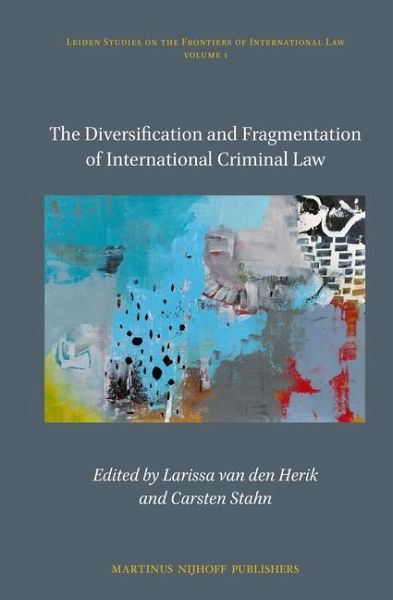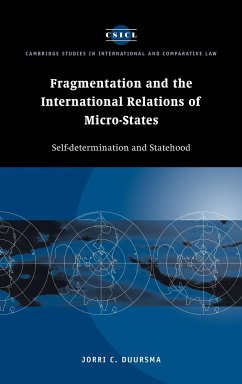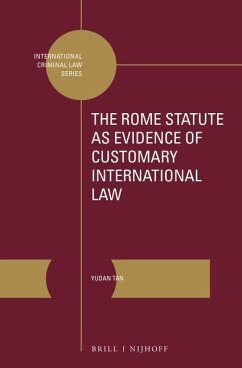
The Diversification and Fragmentation of International Criminal Law
Versandkostenfrei!
Nicht lieferbar
This volume deals with the tension between unity and diversification which has gained a central place in the debate under the label of 'fragmentation'. It explores the meaning, articulation and risks of this phenomenon in a specific area: International Criminal Justice. It brings together established and fresh voices who analyse different sites and contestations of this concept, as well as its context and specific manifestations in the interpretation and application of International Criminal Law. The volume thereby connects discourse on 'fragmentation' with broader inquiry on the merits and di...
This volume deals with the tension between unity and diversification which has gained a central place in the debate under the label of 'fragmentation'. It explores the meaning, articulation and risks of this phenomenon in a specific area: International Criminal Justice. It brings together established and fresh voices who analyse different sites and contestations of this concept, as well as its context and specific manifestations in the interpretation and application of International Criminal Law. The volume thereby connects discourse on 'fragmentation' with broader inquiry on the merits and discontents of legal pluralism in 'Public International Law'.





